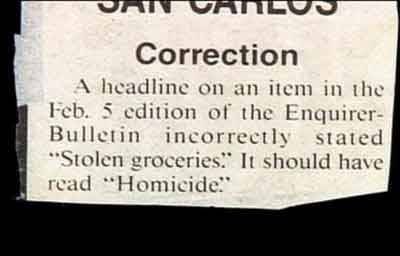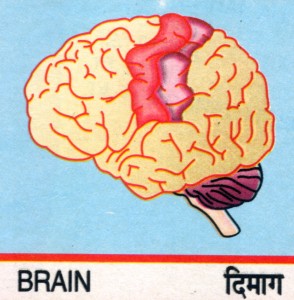Since posting about Creative Commons’ branding confusion, several French patriots have suggested I switch to the Art Libre License. I am resisting because I can’t work up enthusiasm for any license today.
The idea that every user could and should understand the complexities of copyright licensing appears increasingly delusional to me. The only people who should need to understand licenses are lawyers and their clients. Most users don’t have legal teams involved with their creative and distributive processes, nor should they. Using licenses – even ShareAlike and Art Libre licenses – legitimizes copyright lawyers and copyright laws and the absurd notion that artists should have to give a damn about them.
The only entities my ShareAlike license would really affect are corporations (or in rare cases, people) with lawyers. But for everyone else, I’m considering marking my work thusly:
There’s no lawyer-approved legalese behind this. It’s just a statement of intent. It’s certainly compatible with the ShareAlike license and its attendant legal code, which I can still use where appropriate (like on the © page of a book, if I really want to back up my intentions with legal force).
Mike Masnick of Techdirt doesn’t use any license at all. It’s a nice idea, not legitimizing copyright law at all, but because everything is copyrighted by default, there’s no way for users to know they are free to copy and share. Every few days some commenter “threatens” Masnick with “unauthorized copying,” to which he responds that he genuinely doesn’t care, so that periodically informs Techdirt regulars. But that’s more labor than I want to put into assuaging users’ fear.
Hopefully users will have less and less fear as time goes on, and there will be less need to assuage. The fact is, most people really don’t care about copyright. Yet they copy. Even as we argue about different licenses, and how to license, and what the Free-est kind of license is, people are ignoring us and just copying what they feel like. They’re not just ignoring the RIAA and MPAA and copyright moralists; they’re ignoring copyright reformers and abolitionists and Creative Commons and the “copy left” too. They may feel some guilt and fear, but our licenses really aren’t going to do anything about that. They don’t care. And that’s fine with me. They shouldn’t care. No one should care about copyright, because copyright shouldn’t exist.
P.S. – which “all rights reversed” style do you like the most?
 #1: lower case
#1: lower case
UPDATE: Maybe I should just use this:






